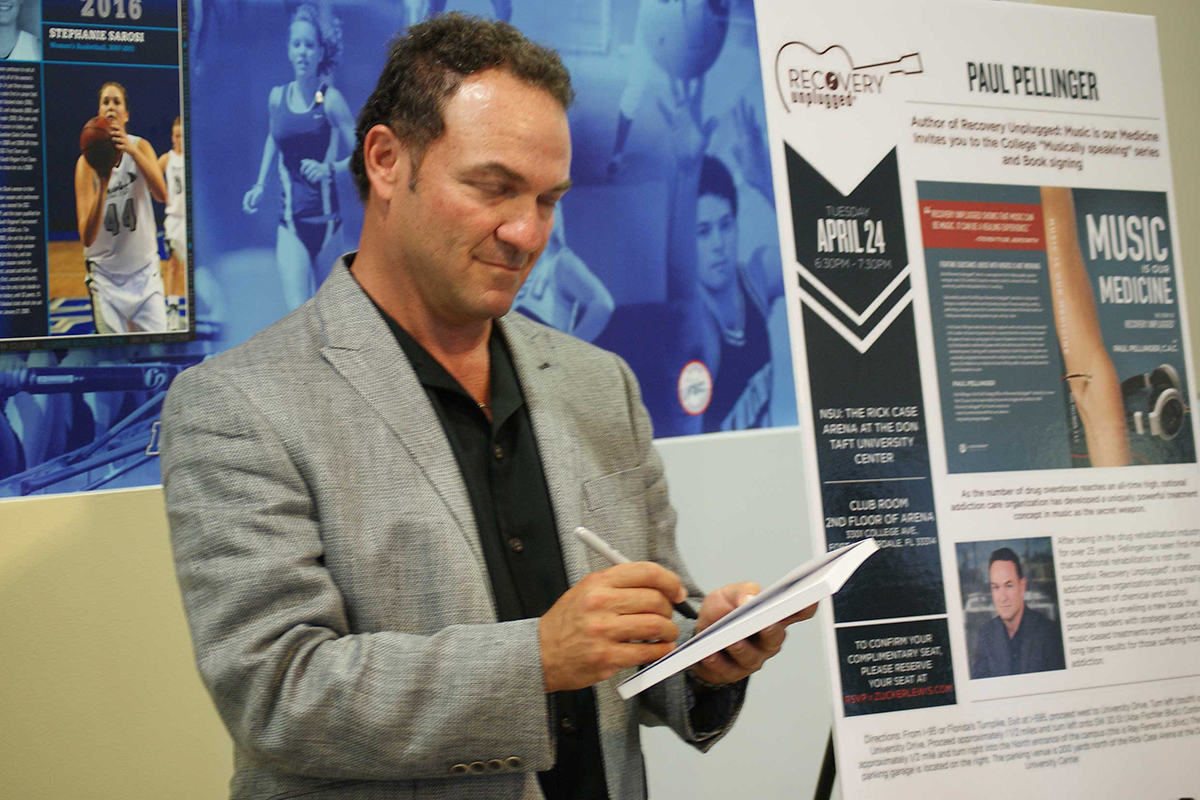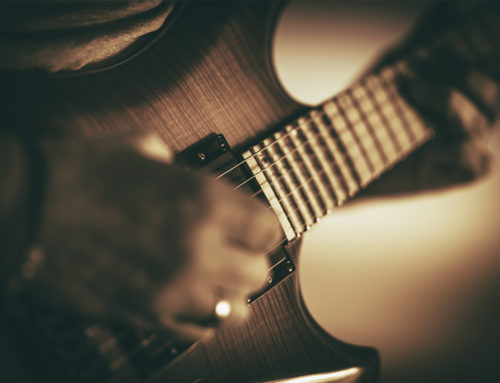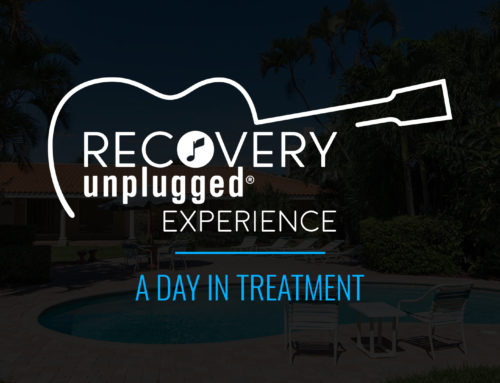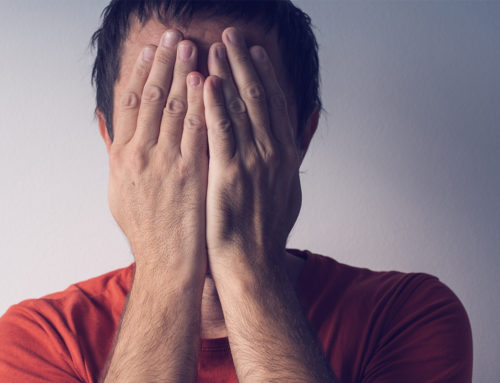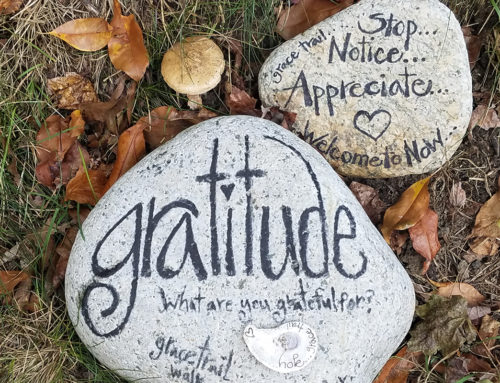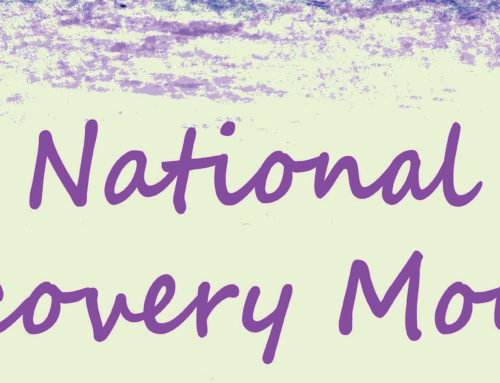October 10th marks World Mental Health Day 2019, an event established by the World Federation for Mental Health to shine a light on the scale of mental illness throughout the world, and to educate the global community about its origins, risk factors and impact. As overdoses remain alarmingly high in the United States, I would be remiss if I didn’t take the opportunity to discuss the complex and intertwined relationship between mental illness and addiction, and the ability of music to heal both.
The Substance Abuse and Mental Health Services Administration (SAMHSA) reports that over eight million Americans currently struggle with co-occurring substance use disorder and mental illness, such as depression, anxiety, bipolar disorder and others. Understanding how mental illness and addiction affect one another is key to providing treatment, support and advocacy to this population.
The Chicken and The Egg: Understanding Dual-Diagnosis Disorder
The coexistence of mental illness and a substance use-related condition is commonly referred to as a co-occurring or “dual-diagnosis” disorder. The impact of dual-diagnosis disorder can be felt in all areas of a person’s life, including their medical health (many are at heightened risk of self-harm and disease); emotional stability; and quality of life (relationships, careers, financial security, family life and more). People who suffer from dual-diagnosis disorder very often find themselves locked in a vicious cycle; as mental illness makes life more difficult; they often self-medicate with alcohol and other drugs as a means of coping. On the other side of the coin, prolonged and untreated abuse of alcohol and drugs can lead to neurobiological changes that can exacerbate existing mental health issues. Treatment for dual-diagnosis order must include simultaneous care for both elements of the condition.
Music and Mental Health
I’ve written exhaustively on the power of music to treat mental illness, and there’s no more suitable application than in the case of a dual-diagnosis disorder. The reality of addiction treatment is that very few people willingly seek help on their own. Even the most enthusiastic participants need guidance from a family member or loved one. Clients often come to us guarded, anxious and resistant to the whole experience; and it can be even worse for people who have a diagnosed underlying mood disorder. Music has already proven effective in the management of depression, anxiety, PTSD, bipolar disorder, and even chronic pain, all conditions with which clients frequently present upon admission to rehab.
Every day at Recovery Unplugged, we see music neutralize the emotional obstacles associated with these conditions. We not only use music to establish trust, dialogue and relatability; we also use it to engage the function of dormant muscles and promote physiological wellbeing through movement. No matter what a person has going on their lives when the music stops, few, aren’t at least somewhat responsive while it’s playing. Your favorite track can be a vehicle to healing and recovery.
This year’s World Mental Health Day is an opportunity to educate ourselves about the scope, dangers and risk of co-occurring addiction and mental illness, while also mobilizing to combat in our lives and families. Let’s start by putting on our favorite records. What’s on your World Mental Health Day playlist?


